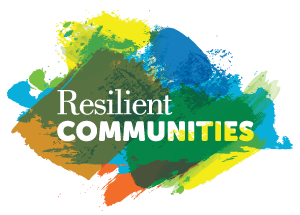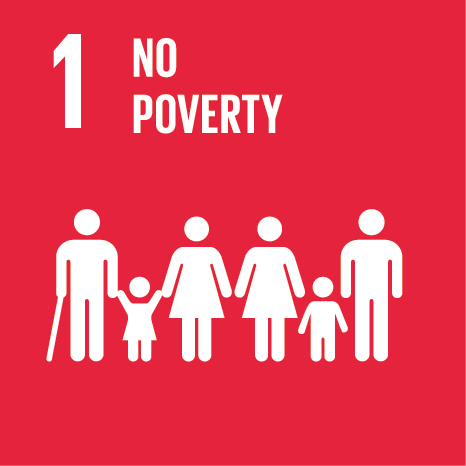
SDG 1 - End all poverty in all its forms everywhere
Poverty is a problem which plagues the world and Malta has its role to play in ending it. According to a 2015 survey, 22.4% of the local population in Malta remained at risk of poverty or social exclusion, indicating that although poverty is not so visible on the surface it is still very much a reality for some and more so for women, migrants and young people. If this problem remains unresolved it makes achieving the rest of the SDGs virtually impossible.
Be informed: Learn more about the challenges your community is facing and actively participate in finding solutions.Volunteer in local do-good initiatives or devise ideas / initiatives as a community that can be implemented/beneficial by all for all.
Active citizenship: Move from being a bystander to actively participating. If there is an issue that you feel needs to be addressed, involve your local council and get their support.
- Offer decent salaries and equal pay for all.
- Introduce policies that support vulnerable groups such as those with disabilities into the workforce.
- Partnering with civil society networks to provide education and entrepreneurial skills training for vulnerable groups.
For more information on the local context, kindly follow these links:
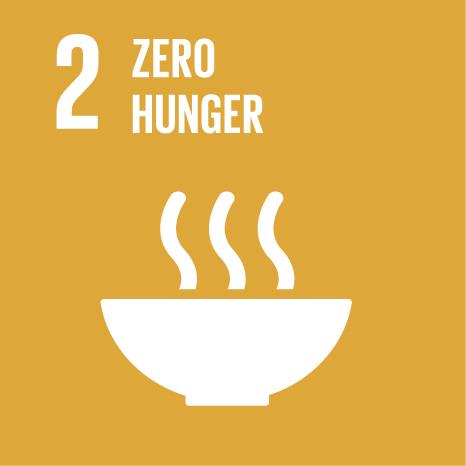
SDG 2 - Achieve food security and improved nutrition, and promote sustainable agriculture
The situation in Malta Besides the fact that poverty still effects 22.4% of the population which generally translates into lack of food security and a nutritious diet, we also need to consider that with 29.8% of Malta’s adult population considered obese, Malta has one of the highest obesity rates in Europe. According to the First Food Consumption Survey for the adult population, it was concluded that Maltese have poor eating habits. This problem is coupled with largely unsustainable farming and fishing practices which makes for an uncertain future in terms of the country’s ability to provide it citizens with healthy food. The eradication of hunger and malnutrition are one in the same and require transformation in both agriculture and food systems.
- Support farmers and fishermen that have a proven track record for sustainable practices.
- Practice slow food – give precedence to eating locally and in season.
Active citizenship: Move from being a bystander to actively participating. If there is an issue that you feel needs to be addressed, involve your local council and get their support.
- Whether your company is involved in food production, consumption, distribution or simply organising yearly staff meals consider sourcing sustainable food, encouraging consumption of local and in season, producing and supporting sustainable agriculture initiatives.
- Hold workshops to educate on the importance of a healthy diet Provide employees with lunch vouchers or a canteen with healthy, organic and locally made food.
For more information on the local context, kindly follow these links:
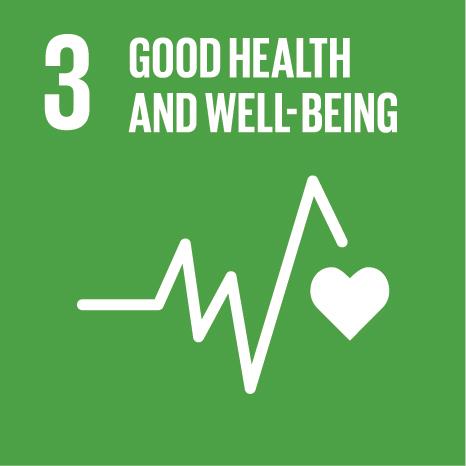
SDG 3 - Good Health and Well-being
The main aim of this Sustainable Development Goal is to ensure healthy lives and promoting well being for all at all ages. The two links below can give a better idea on what this SDG is all about and how it is reflected in the Maltese context:
The situation in Malta
“Health is a state of complete physical, mental and social well being and not merely the absence of disease or infirmity” – World Health Organisation
It is no secret that Malta has one of the highest obesity rates in Europe alongside other prominent issues such as diabetes, respiratory diseases and coronary heart disease. When talking about leading a healthy lifestyle, the general perception is that this is related to short term targeted dieting, reducing on sugary and fatty foods and exercising for a time span but not part of an overall lifestyle. A more holistic approach needs to be adopted in relation to health and well being in order to address these issues.
- Be a leader, lead by example and take ownership of your health and well-being.
- Push for the creation of a community centre where people can come together, give talks, share experiences and learn from one another.
- Encourage employees to use their free time for personal time.
- Encourage your employees to favour exercise by offering free fitness initiatives.
- Have a wellness coordinator in the human resources department.
- Encouraging your employees to favor exercise by offering free fitness initiatives/creating a lunch area to encourage people to take a break and socialize/having a wellness coordinator in the human resources department.
For more information on the local context, kindly follow these links:
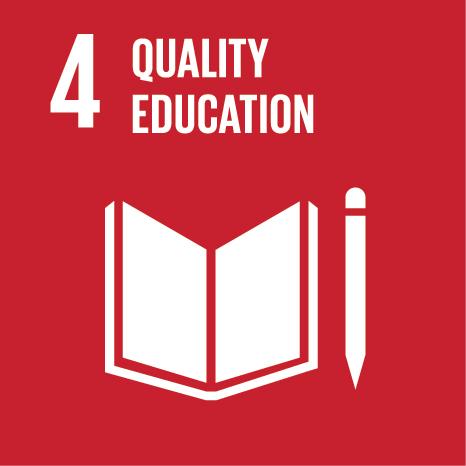
SDG 4 - Ensure inclusive and equitable quality education, and promote lifelong learning opportunities for all
The situation in Malta
Malta is one of 9 EU MS that offers free tuition at university – in fact, Malta offers free education from primary school all the way to university. With such an initiative in place, it begs the question, why do we have an ESL rate of 19.6% in 2016, one of the highest in Europe? Moreover adult participation in lifelong learning courses is relatively low considering the amount of courses offered, these courses are mostly attended by foreigners who settle in Malta and want to learn the Maltese language and culture.
- Education starts from home – Promote a culture of peaceful relationships and non-violence amongst youth and all in your community.
- Volunteer as a tutor, whether you decide to help out in your community or change your life and volunteer to teach abroad; these actions help kids stay in school. You can also mentor persons with disabilities and special needs, who may not have access to education.
- Provide your employees with training and constant opportunities to learn about different topics or new skills / Incentivising employees to register for any relevant local workshops, presentations and/or conferences.
- Engage in a lifelong learning philosophy and always improve the knowledge and skills of its employees by providing training and constant learning sessions; promote registration to workshops or presentations organized by NGOs.
- Provide pro bono training for vocational skills training and entrepreneurial skills training for migrants and other vulnerable groups.
For more information on the local context, kindly follow these links:
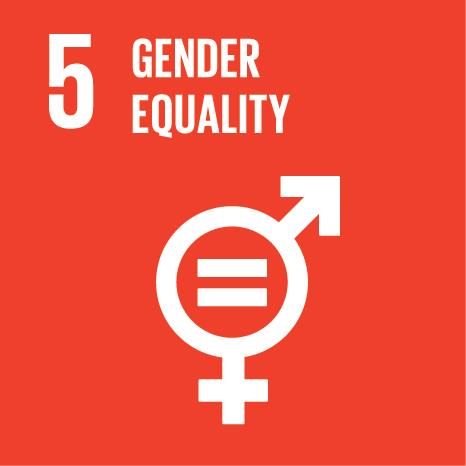
SDG 5 - Achieve gender equality and empower all women and girls
Gender inequality is a persistent problem worldwide requiring more vigorous efforts to shift the deeply rooted gender-based discrimination at all levels of society. This is one of the biggest challenges Malta has to face up to, most recently ranking 108 out of 144 countries in the World Economic Forum 2016 and 16 out of 28 MS in the EIGE Index 2015. Malta has a top score amongst all Member States in the area of health (95.6), however, figures from Eurostat suggest a gender pay gap increase from 4.5% (2014) to 10.6% (2016) and only 2.7% of women represented on board of the largest publicly-listed companies in Malta, making for a relatively worrying situation.
- Support policy makers who promote lifelong education and training for girls and women. Women account for over 60% of the world’s illiterate.
- Stand behind leaders who speak up for equal opportunities. Only 9% of negotiators at peace tables and 22% of parliamentarians are women..
- Ensuring equal pay for equal work.
- Introducing in house childcare services or providing childcare vouchers.
- Introducing flexi time and possibility for working from home.
For more information on the local context, kindly follow these links:
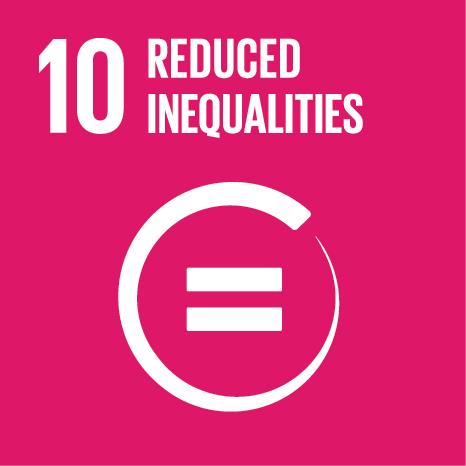
SDG 10 - Reduced Inequalities
Inequality exist in all strata of society and relates to income, access to education, social integration, gender, amongst others. Malta has made great strides in relation to the LGBTQ rights in recent years, however Malta still falls short when it comes to migrant rights further compounded by a lack of integration policy which the government has promised to develop in 2017. Furthermore, Malta still has the largest persistence of low education further enhancing the vicious poverty cycle.
- As a community, we have to make sure that when women apply for jobs in higher positions there is no discrimination as regards the choice of the person. Moreover, there must not be discrimination in the salary a women is paid, so this anomaly has to be adjusted.
- As a community, we must encourage women when it comes to regards political empowerment, as women participation is still low. We need to encourage more women to contest local councils elections and parliamentary elections. Although we have women elected both as Members of Parliament and MEPs, the number is still low.
- When it comes to ministerial positions, the number is still low. Something positive, however, is that her Excellency Marie Louise Coleiro Preca occupies the highest role in the country, which is that of President of the Republic of Malta.
- Businesses can introduce policies of quotas in their recruitment process to be sure to hire persons from vulnerable groups; but also make sure to promote equal pay between employees.
- Efforts can also be done to promote infrastructure for access to disabled people ; promote public transportation for people who cannot afford car.
- But partnership with NGOs and Local Authorities is also important to work together for the reducing of inequalities.

